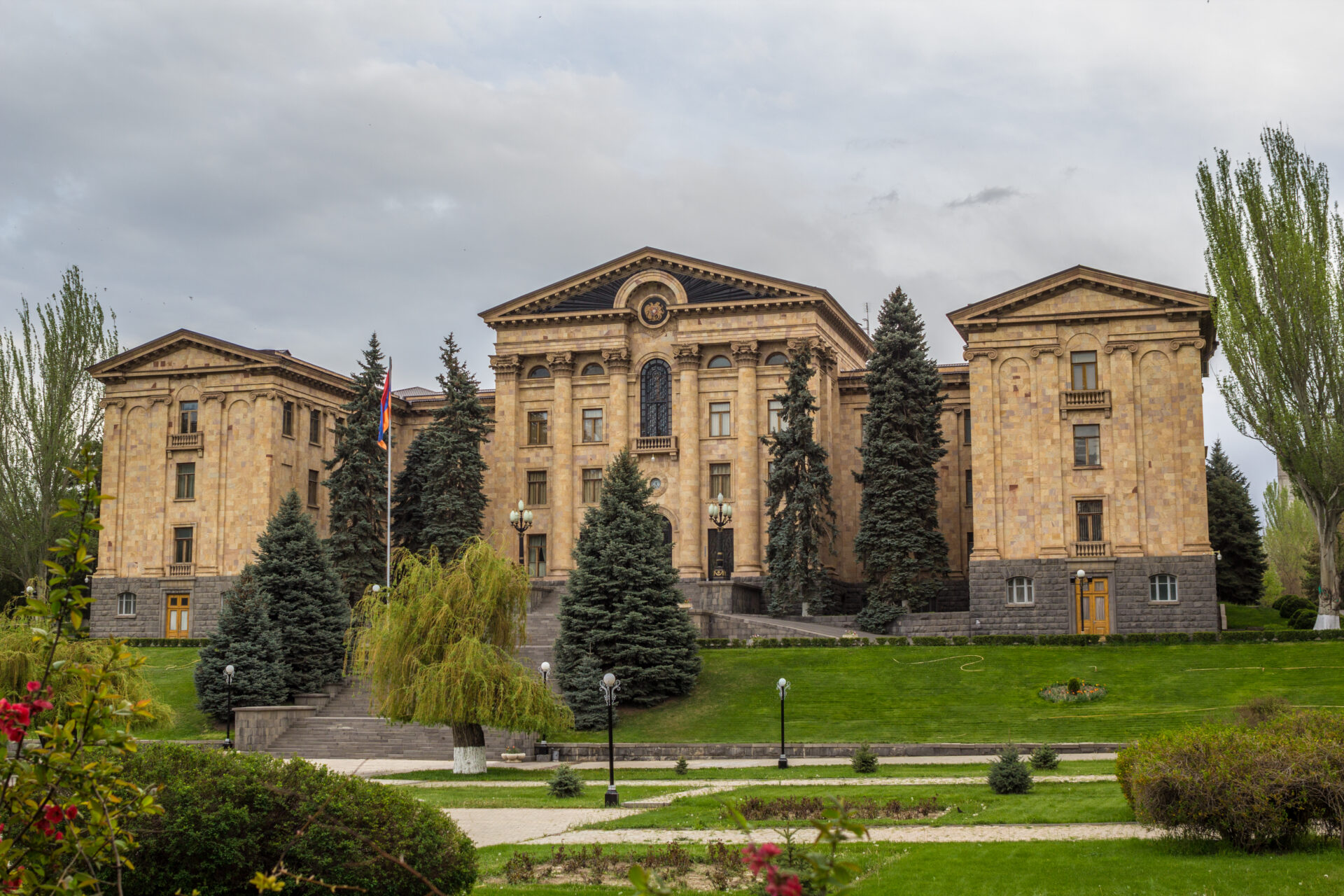The Armenian government, through its Ministry of Internal Affairs, has withdrawn a draft bill requiring businesses, schools, and other private entities in Yerevan to install video surveillance systems on their premises, citing widespread public concern, reports Hetq.
“During the discussions of the previous draft, an approach was proposed that was deemed acceptable by several interested parties. According to this approach, the Ministry of Internal Affairs of Armenia will be granted access to the video surveillance systems of local government bodies and state agencies,” said the Ministry in a statement.
The ministry expressed its readiness to organize discussions with all interested parties as part of a new initiative to address the concerns raised and formalize a mutually agreed-upon approach to the legislation.
About the Bill
The government touted the bill as an anti-crime measure to strengthen “public security.” It passed its first parliamentary review in June 2024 but was postponed for a second reading due to widespread public concern.
The proposed legislation required certain business entities to install cameras at entrances and external areas. These included banks, credit institutions, pawnshops, pharmacies, currency exchange offices with separate entrances, post offices, educational institutions, and others. It also applied to retail facilities larger than 100 square meters, fuel stations, catering outlets over 50 square meters, and underground parking lots. Another provision mandated cameras in ambulances, buses, and minibuses used for passenger transport.
The bill stipulated that an SNCO (State Non-Commercial Organization) under the Ministry of Internal Affairs would monitor the cameras 24/7. Ara Fidanyan, Secretary General of the Ministry, stated the department did not intend to monitor citizens.
Criticism and Concerns
Human Rights Watch (HRW) has criticized the bill for requiring 24-hour police access to video surveillance systems across Yerevan, calling it unjustified and intrusive.
“Widespread, indiscriminate video surveillance would inevitably lead to unjustified intrusions on privacy and cannot be defended as a measure necessary to improve public security in a democracy,” said Giorgi Gogia, associate Europe and Central Asia director at HRW.
HRW warned that such mass surveillance in public spaces could chill civil and political rights. They urged Armenian officials to scrap or amend the bill to align with international human rights standards and suggested consulting the Venice Commission, the Council of Europe’s advisory body on constitutional matters.
The proposed systems would collect personal data on individuals’ identities, movements, and associations, raising privacy concerns. HRW stressed the need for clear limitations to comply with standards set by the UN Human Rights Committee, the European Court of Human Rights, and the UN High Commissioner for Human Rights.


